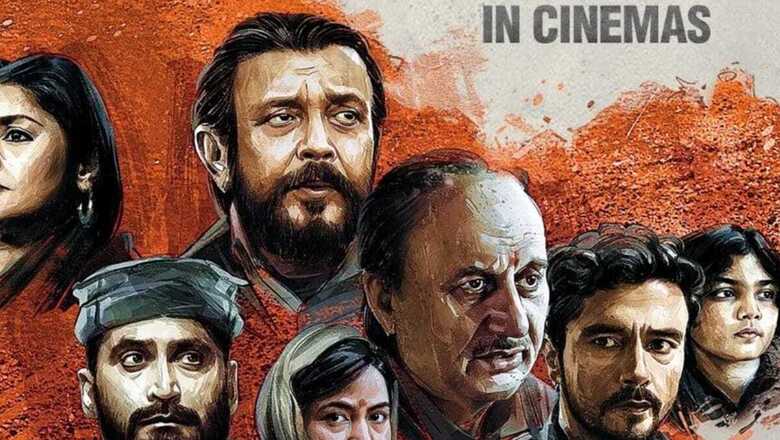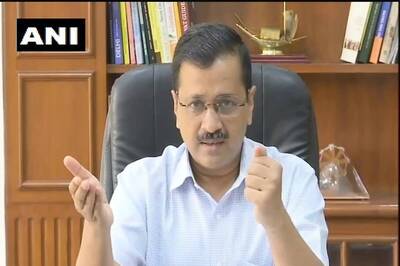
views
When The Kashmir Files was released in theatres, it grabbed everyone’s attention. The film revolved around the 1990 exodus of Kashmiri Hindus. The Vivek Agnihotri directorial was a massive box office hit and had a lifetime collection of around Rs 300 crore. However, it was also slammed by many who called it a “propaganda movie”. In a recent interview, filmmaker Tigmanshu Dhulia also called The Kashmir Files “bekaar (terrible)”.
Dhulia was speaking on the Red Mike YouTube channel when he opened up about the rise of politically motivated films in India and said,
“Uss tarha ki filmein? Woh toh bekaar picture hoti hain, kaun dekhta hai unhe, chalti bhi nahi hain (Those films are terrible. Who even watches them)? Sirf wahi chali thi, kya naam tha uska, Kashmir Files. Main inki baat hi nahi karta, bekaar picturein hain sab (I don’t even talk about these films, they’re all terrible).”
The filmmaker further claimed that directors who make politically driven films in India might actually believe in what their films say. However, he also expressed that such films lack artistic skills and are “aesthetically terrible”.
“We see directors using their political ideologies as propaganda in their cinema. This is a wide-ranging topic. In India, the sort of films that are being made to promote the kind of politics that we see around us, are aesthetically terrible. Bekaar hain, dekhne mein pata chalta hai. They’re badly made films, first of all. Ideologies aside,” he added.
Tigmanshu Dhulia also cited the Nazi propaganda film Triumph of the Will and argued that even though it was a propaganda movie, it pushed the artistic boundaries. “But Indian propaganda films aren’t as well made, because they’re made with the wrong intentions. Paisa kamana hai yaar (They all want to make money),” he concluded.
The Kashmir Files starred Anupam Kher, Mithun Chakraborty, Pallavi Joshi and Darshan Kumaar in key roles. It was based on video interviews of the first-generation victims of the Kashmir exodus which took place in the 1990s. The film depicted the suffering, struggle and trauma that the Kashmiri pandits went through.




















Comments
0 comment